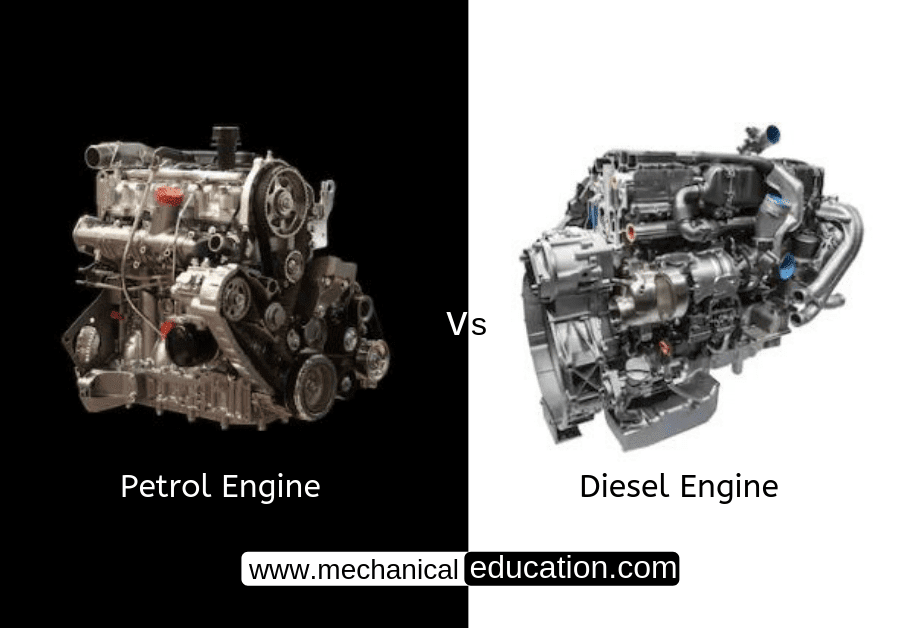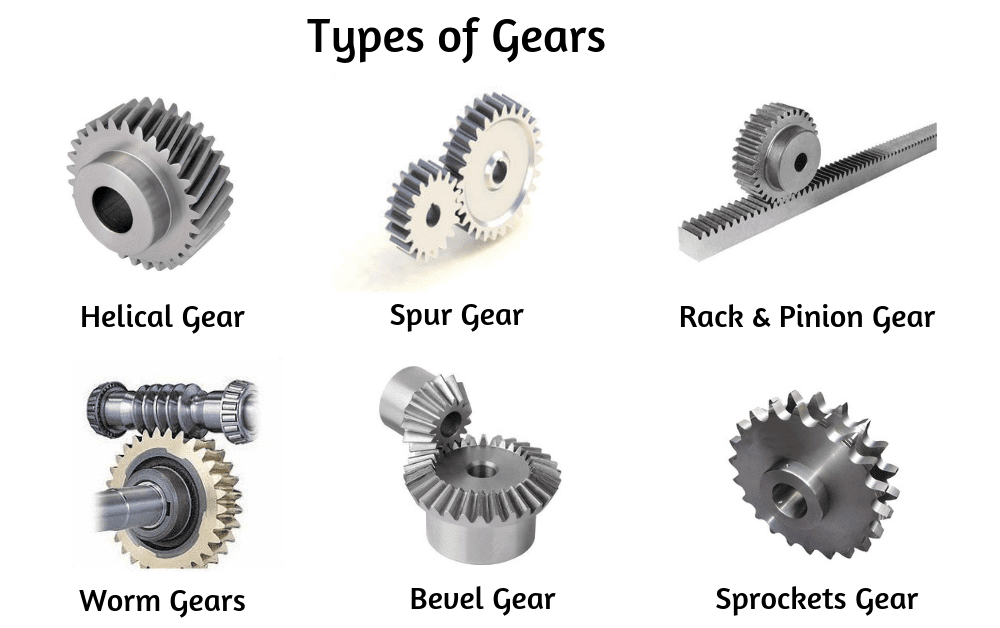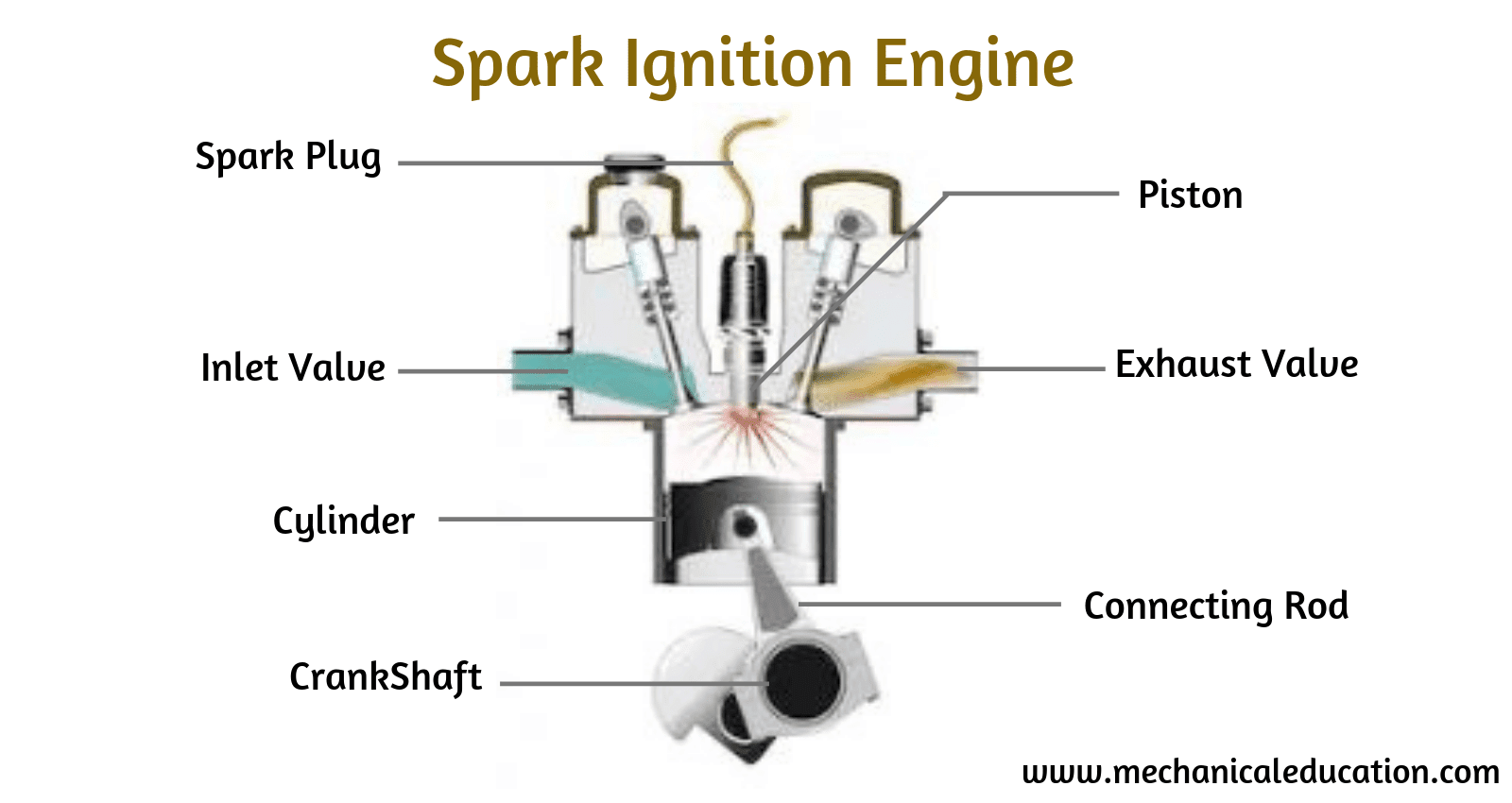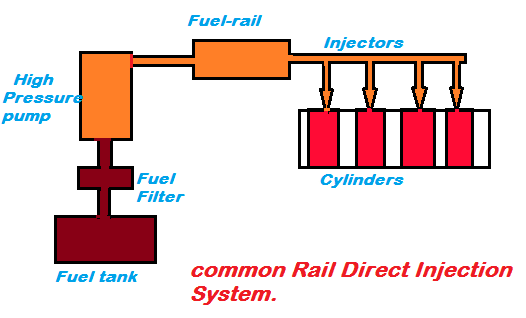Introduction: The engine block is a critical component of your car’s internal combustion engine. It’s the foundation for many other parts and components that make up your car’s engine, providing support and cooling to help it run smoothly. Without it, there would be no way for fuel or air intake needed for combustion nor would there be any way to cool down an overheated engine during operation. Let’s take a closer look at the role of an engine block and why it’s so important.
The Functionality of an Engine Block
An engine block contains all the vital components needed for your engine to run correctly such as pistons, connecting rods and camshafts. All these components work together to ensure smooth operation of the car motor. These components are positioned in such a way that they are able to generate power which is then used by the car while it is moving. As these components generate power they also create heat, which is where the engine block comes into play.
The Cooling System of an Engine Block
An internal combustion engine can become very hot when running at high speeds and this heat needs to be dissipated quickly in order to maintain optimal performance levels. This is where the cooling system of the engine block comes into play; it serves as a heat sink which absorbs excess heat from the surrounding environment and helps keep everything running smoothly. In addition, it provides structural support for all other parts attached to it, ensuring these parts remain secure during regular operation.
The Benefits Of An Engine Block
The primary benefit of an engine block is its ability to provide structural support for all other parts attached to it while also acting as a cooling system for your car’s internal combustion engine. This ensures optimal performance levels from your vehicle and helps prevent costly repairs due to overheating or mechanical failure caused by inadequate structural support. Additionally, having an efficient cooling system in place helps reduce wear-and-tear on other parts within your car’s motor, extending its lifespan significantly over time compared with cars that lack such features.
Conclusion:
An engine block plays a crucial role in keeping your vehicle running properly and efficiently by providing both structural support and cooling capabilities for your car’s internal combustion engine. Without one, you would have no way for fuel or air intake needed for combustion nor would there be any way to cool down an overheated engine during operation; both scenarios could result in costly repairs or even complete failure of the motor itself! Taking care of your vehicle means taking steps towards making sure this essential part remains intact so you can get maximum performance out of your ride!
Frequently asked questions
1.What is the engine block, and why is it essential in an internal combustion engine?
The engine block, also known as the cylinder block, is the core component of an internal combustion engine. It provides structural support and houses critical engine parts, including cylinders, pistons, and the crankshaft.
2.What materials are engine blocks typically made from?
Engine blocks are commonly made from cast iron or aluminum, with variations such as alloy blocks that combine different materials for specific properties like strength and weight.
3.What functions does the engine block perform in an engine?
The engine block serves several vital functions, including providing a rigid structure, housing the cylinders, containing the crankshaft and camshaft, and facilitating coolant circulation.
4.How does the engine block contribute to the engine’s durability and stability?
The engine block’s robust construction and design allow it to withstand the high pressures and temperatures generated during combustion while providing stability for the entire engine.
5.What is the role of cylinder bores in the engine block?
Cylinder bores are machined holes in the engine block where the pistons move. They define the combustion chambers, create a seal for efficient combustion, and allow the pistons to reciprocate.
6.Can damaged or cracked engine blocks be repaired, or do they need replacement?
Minor cracks in engine blocks can sometimes be repaired through techniques like welding or epoxy injection. However, significant damage often necessitates engine block replacement.
7.How does the engine block contribute to engine cooling?
The engine block contains water jackets or coolant passages through which coolant flows, absorbing and dissipating heat produced during combustion to maintain the engine’s temperature.
8.Are there different types of engine blocks for various engine configurations, such as inline, V, or flat engines?
Yes, engine blocks are specifically designed to accommodate different engine configurations, including inline, V, and flat (boxer) layouts, with variations in cylinder arrangement and block angles.
9.Does the engine block play a role in noise and vibration control within the engine?
Yes, the engine block’s mass and construction help dampen vibrations and reduce noise generated by the engine’s moving parts, contributing to smoother and quieter operation.
10.Can engine blocks be modified or customized for enhanced engine performance?
Yes, engine blocks can be modified for increased performance through methods like boring out cylinders, adding reinforcements, or using aftermarket blocks designed for high-performance applications.
In summary, the engine block is the foundation of an internal combustion engine, performing critical functions that affect the engine’s strength, durability, and overall performance. Proper care and maintenance of the engine block are essential for the longevity and reliability of the engine.




